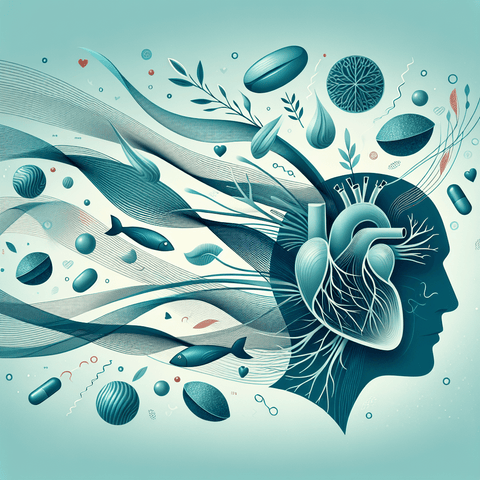Arterial inflammation refers to swelling and irritation within the arteries, the blood vessels that carry oxygen-rich blood to your organs. This process can affect any artery in the body, and when it involves the vessels that support heart and brain, it can raise concerns about cardiovascular health. In many cases, arterial inflammation evolves slowly, and there may be few or no obvious symptoms at first. Because the signs and risk can vary by which arteries are inflamed, understanding arterial inflammation and its potential impact is an important first step. Warning signs of arterial inflammation can be varied. Some people experience systemic clues like a fever, unexplained fatigue, or weight loss if the inflammation is widespread. Other times, signs point to the affected artery group: persistent headaches or vision changes with certain inflammatory conditions; jaw pain or claudication when chewing; limb discomfort, numbness, or weakness during activity; sudden chest discomfort or shortness of breath if arteries around the heart are involved; or skin changes if arteries in the skin are inflamed. It's important to note that symptoms can be nonspecific and overlap with other conditions. If you notice persistent or unusual symptoms, especially if they appear suddenly or worsen, seek medical evaluation. Arterial inflammation can arise from autoimmune processes, infections, and other inflammatory conditions that involve the immune system and blood vessels. Genetic predisposition and age can influence risk, as can long-standing exposure to certain environmental factors. In some cases, the inflammation is localized to a specific vascular territory, while in others it involves multiple arterial beds. Understanding the underlying cause often requires a careful medical history, examination, and possibly targeted tests as guided by a clinician. Practical steps to address arterial inflammation start with talking to a healthcare professional about any signs you’ve noticed and your personal risk factors. Prepare a symptom diary, list any medications or treatments you’ve tried, and discuss potential tests and imaging that may be appropriate. If you experience sudden, severe symptoms such as chest pain, vision loss, or weakness on one side of the body, seek emergency care. Work with your clinician to establish a monitoring plan and to review any treatments or follow-up appointments that may be recommended based on your situation.

